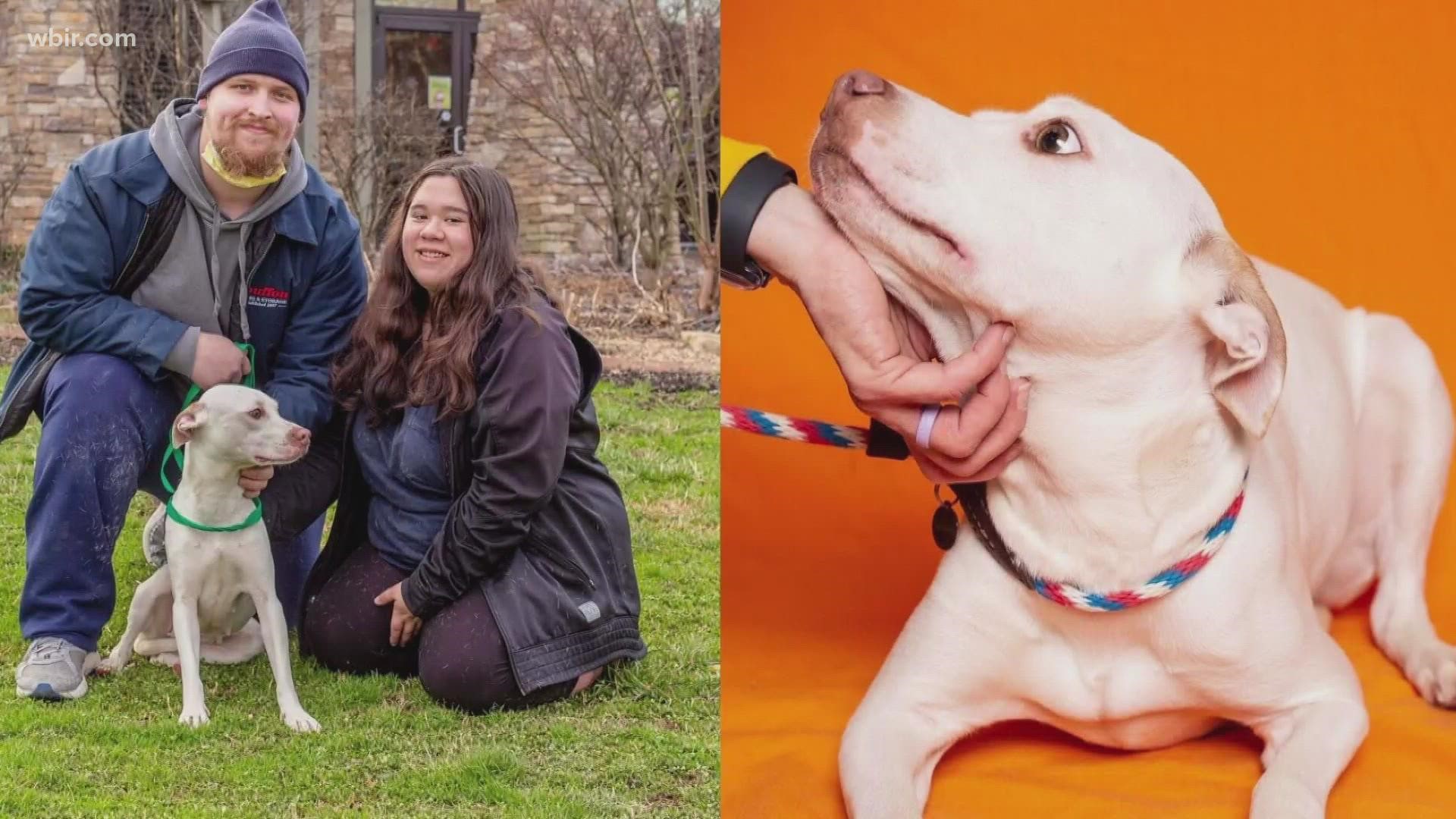MORRISTOWN, Tenn. — Veterinary officials confirmed a case of distemper in a Morristown shelter on Monday. The virus is extremely dangerous, affecting dogs' gastrointestinal, respiratory and nervous systems.
Officials said a puppy at the Morristown Hamblen Humane Society showed symptoms of distemper last weekend. On Monday, its mother and the rest of the litter were also confirmed positive after samples were sent to the University of Tennessee College of Veterinary Medicine.
Staff at MHHS immediately started testing symptomatic puppies and started a risk assessment of all other dogs in the facility. They said the process is ongoing, and they are continuing to vaccinate dogs against the distemper virus when arriving at the shelter and two weeks later.
Officials said that UTCVM reported the first case of canine distemper virus in the shelter in October 2021 and saw more symptomatic raccoons in the community around the same time.
They said the virus circulates through wildlife approximately every 5 to 7 years and during this time, dogs are at a higher risk of contracting and spreading it. It has been reported in foxes, wolves, coyotes, raccoons, skunks, mink and ferrets in the past, according to veterinary experts.
It is mostly spread through airborne exposure like sneezing or coughing, but can also be transmitted through shared food and water bowls in shelters. Mother dogs can also pass distemper through to puppies.
MHHS is working with UTCVM to minimize the impact of the virus, trying to save lives. Without an isolation area for exposed dogs, the shelter has closed dog intakes and can not allow people to view shelter dogs for 2 weeks.
Anyone who needs to take a dog to the shelter, such as to scan them for microchips, should hold on to them and call the shelter at 423-581-1494.
Young animals are the most vulnerable to contracting the virus, but unvaccinated dogs are also susceptible. Animals can be contagious for months after contracting the virus, with symptoms ranging from runny noses and eyes to neurological deficits.
There is no cure for the infection, either.
“This disease is highly preventable when dogs are properly vaccinated by a veterinarian," said Dr. Becky DeBolt, a clinical assistant professor at UTCVM. "The vaccine is very effective and is far less expensive than treating the disease or losing your pet to the virus. I highly recommend all dog and ferret owners make sure their pets’ distemper vaccination is up to date."
They also said dog owners should use caution when socializing puppies or unvaccinated dogs in places where dogs gather, such as in dog parks.

